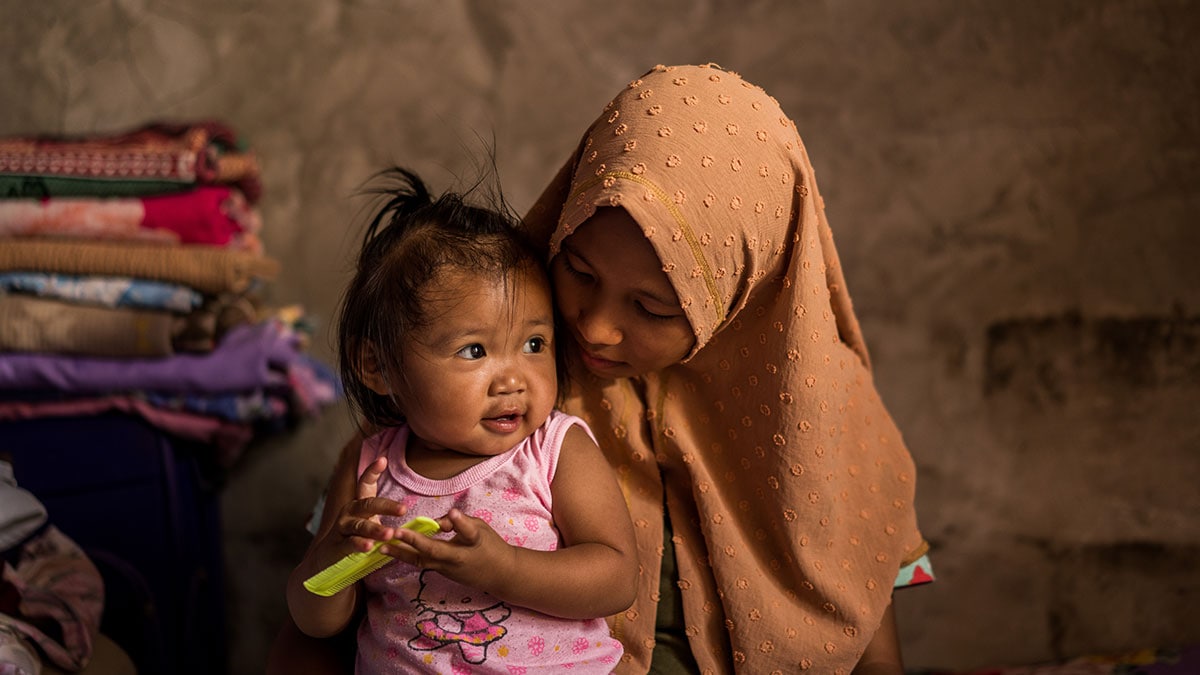At a glance
Rubella is generally a mild disease, but infection in early pregnancy can cause serious birth defects, known as congenital rubella syndrome. Almost 25 million infants annually still do not have access to the vaccine.

Health Impacts
Disabilities caused by rubella are entirely preventable.
Rubella is generally a mild disease but can have serious consequences during pregnancy.
Women infected with rubella virus in early pregnancy have up to a 90% risk of giving birth to an infant with congenital rubella syndrome (CRS). It can also cause miscarriage or stillbirth. More than 32,000 infants are born with CRS each year.
The lifelong complications and disabilities can have an immeasurable emotional, social, and financial cost for families.
Ongoing challenge
Too many children are missing vaccines.

Rubella vaccines are safe, cost-effective vaccines that have been used for over 50 years. One dose of rubella vaccine can provide lifelong protection against rubella. The combined measles-rubella vaccine protects against both rubella and measles, another highly contagious and dangerous respiratory disease.
However, almost 25 million infants1 annually still do not have access to rubella vaccines.
Actions
CDC works worldwide to eliminate rubella.
CDC works with partners worldwide to eliminate rubella, protecting children from this deadly and disabling disease.
Between 2010 and 2019, the number of children born with congenital rubella syndrome has decreased an estimated 66%2.
